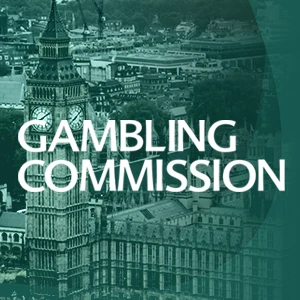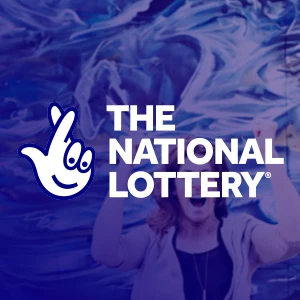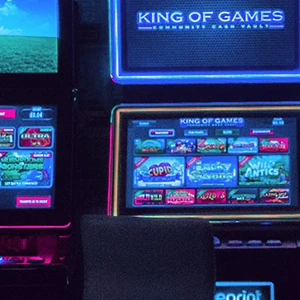Attitudes and behaviours of younger gamblers

The UK gambling market is changing, and as demographics age and new generations reach the legal gambling age, preferences, attitudes and behaviours towards gambling are changing too.
Players aged 18–24 now account for up to 10% of the gambling market in the UK with players in this age group markedly different from older cohorts.
One of the starkest differences is the disproportionately high 28% of this demographic betting £500 or more each month. Clearly, they’re less risk-averse than many of us.
However, splashing the cash at online casinos doesn’t seem to fit with the broader Generation Z ethos, making them a fascinating cross-section of UK society – at least from a marketing point of view, anyway.
The youth of today
The days of binge drinking, drug-taking, fast food diets and late-night partying have been largely replaced by going to the gym, healthy eating and concern about environmentalism and social justice.
This isn't just cheap stereotyping either. Alcohol consumption has consistently been falling amongst 16-24 year olds. 78% of teenagers in the US exercise at least once a week, and 24% of Gen Zedders say they wear a sleep tracker to monitor their rest patterns.
With this 'small c conservative', ethical (and even moral) outlook, how will this demographic impact the gambling industry as they age and mature?
Gambling motivations and preferences
A 2023 YouGov report into the attitudes and opinions of younger gamblers reveals some interesting statistics and contradictions. Gambling for fun or excitement is less of a motivation for this age group compared to older gamblers, with 34% saying fun or excitement is their core motivation vs 42% for older groups. Within the 16-24 year olds group, 12% said they were motivated by competing against others, vs 3% of older gamblers.
Games allowing players to take large risks were a motivation for 6% vs 3%, while a motivation to use particular strategies and methods came out at 12% vs 8%. The motivations of younger gamblers may be comparatively less concentrated than for older generations, but they are markedly different.
It's not just younger people's motivations, their style of gambling is different too. Just 36% said they had bet on sports online in the past month, versus 47% of older gamblers, while younger gamblers were half as likely to buy a lottery ticket (19%) as older cohorts (40%).
Perhaps most strikingly, despite a predilection for heavier spending, more than twice as many younger gamblers feel gambling should be illegal (21% vs 10%). They are also more likely to say they see too much gambling advertising compared to older counterparts (59% to 48%).
Making sense of the market
Examining the data paints an intriguing picture of gamblers in the 18–24 range. They're more likely to spend more on gambling, but less likely to bet on sports or the lottery than older generations. And they are motivated by the thrill of competition and applying betting systems, but disapproving of the volume of gambling advertising they see.
In some respects, the idea of Generation Z as an arbiter of morals when it comes to gambling is reflected in these numbers, yet at its core, and contradictorily, this group accounts for a disproportionate share of the heaviest spenders.
Interestingly, this generation of gamblers looks more to odds comparisons – conscious of getting the best deal, yet less approving of the advertising that shares this info with them.
This poses a significant challenge for marketers. Rather than a ‘broad brush’ approach, they’ll have to personalise targeted marketing at this demographic, with social media, in particular, the optimum battleground for brands vying for attention. However, with regulations preventing operators from targeting this age group for fear of reaching underage audiences, speaking effectively to this group will prove increasingly challenging.
Gambling brands rely on new players to survive, and high-spending demographics like younger gamblers are particularly important. Their attitudes and behaviours are notably different from their older counterparts, and so require specific attention from casino brands. Marketers have their work cut out moving forward as the gambling landscape continues to evolve and lawmakers keep them on an increasingly shorter leash.





